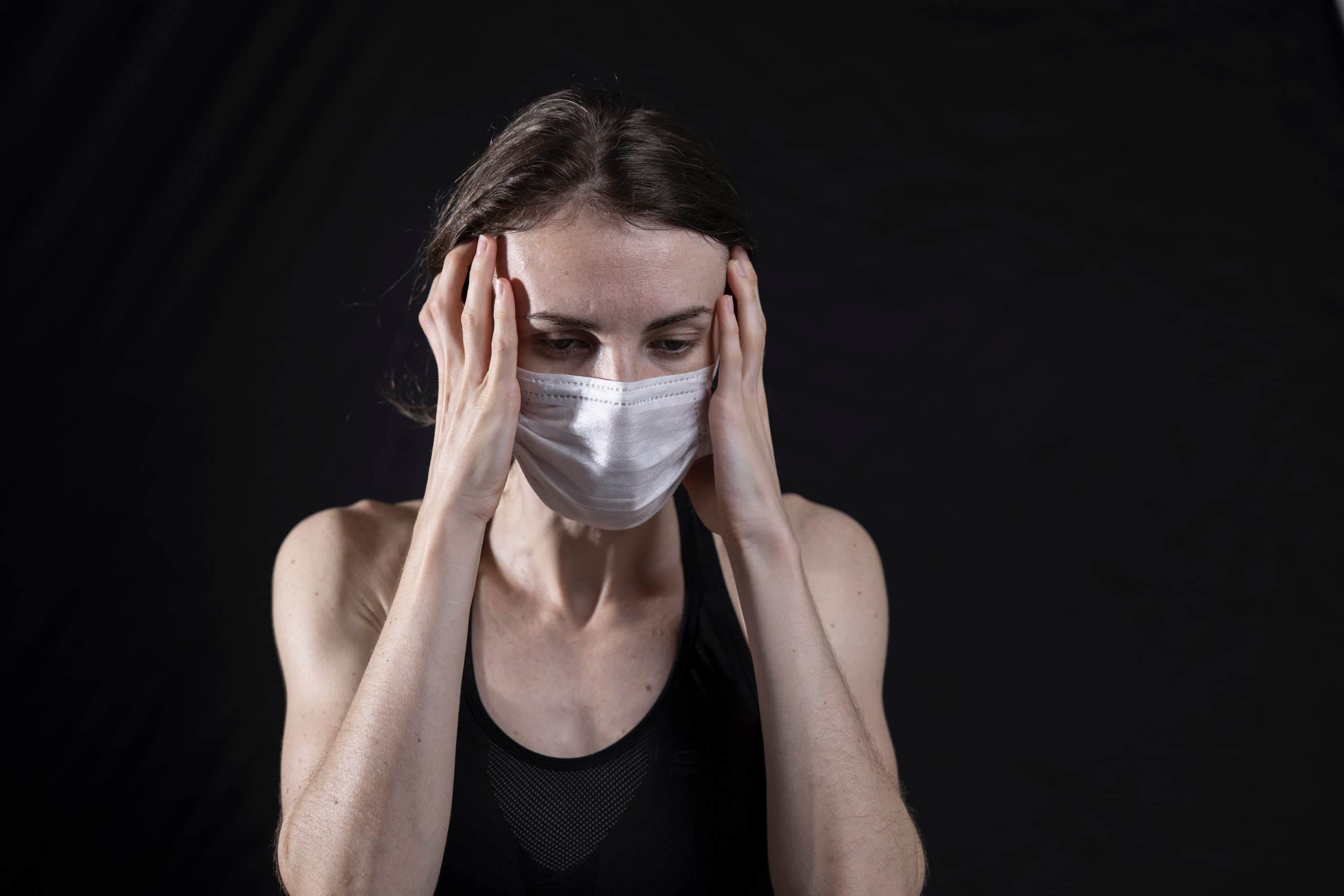Even before the pandemic, our world was chaotic and stress inducing. From the pressures of children to perform in school and extracurricular activity to the pressures of succeeding professionally and relationally as adults, all people in our society, no matter the age, are more anxious than ever before. Add to it artificial lights from bulbs and screens; we are all inundated with intense brain activity. Furthermore, the stress that comes with having access to so much information, we can create anxiety from reading websites. This last year, throw in a worldwide pandemic and it is a recipe for an overwhelmed and stressed population.
Our schedules haven’t been very rhythmic as a society since the dawning of the light bulb, as incredible an invention that was. It’s much easier to stay awake longer and entertain ourselves, as well. As a result, our brains are more exhausted these days, which increases our anxiety. However, rhythm and balance are key to a less anxious existence. Our brain desires balance. Stress throws it off balance in order to create an emotional response to protect us from potential danger or unmet need. To regulate our anxiety, we have to create balance for it in healthy ways. Here are a few suggestions:
Breathe, breathe, and breathe some more.
Breathing is the number one antidote for anxiety. Typically, most people breathe shallowly. As a result, slow and deep breathing helps create balance. I always encourage people to practice 7-11 breathing:
Start by sitting comfortably and upright, scanning your body and deliberately reducing muscle tension.
- Breathe in for 7 seconds.
- Hold for 2 or 3 seconds.
- Breathe out for 11 seconds, while relaxing your tense muscles.
Most importantly, feel your diaphragm fully expand to its fullest point and use a body scan as you are breathing out.
Try taking ten deep breaths (3 minutes) at least four times a day when you are not anxious. By doing so, you strengthen and prepare your brain for when it will inevitably face imbalance and anxiety.
Journal to express gratitude and regulate stress.
Jot down up to 10 VERY SPECIFIC things that happen during the day that made you feel good; a smile from a loved one, a flower growing through a crack in the concrete, a cool breeze on a warm day, and the like.
Meditate before going to bed so that you can get quality sleep.
There are many ways to meditate and still the mind. When your mind gets distracted, keep a journal near your bed or use your notepad on your phone (caution: light from the screen may have a negative effect on your ability to calm) to jot down any thoughts that may disturb your effort to meditate.
Limit your screen time.
Since the artificial light from screens will keep your brain active, limit the amount of time you are on them, particularly after 9pm. Give your brain a chance to cool down from activity.
Exercise
Even if you walk long enough to get your heart rate up for a few minutes a day, it can stimulate your endorphins. Endorphins are one of the chemicals that makes you feel happiness.
Talk to a therapist to gain perspective and clarity.
We provide many holistic therapeutic options at Revitalist. Talking with a professional can help you label your emotions, bring them to the surface, validate them, and regulate them.
Our world is always creating opportunities to be anxious. Be aware of those triggers and work to strengthen your brain to be able to better regulate the anxiety. When you do, we can make the whole world a more peaceful place.
Photo by engin akyurt on Unsplash


